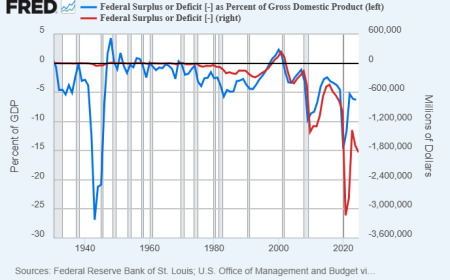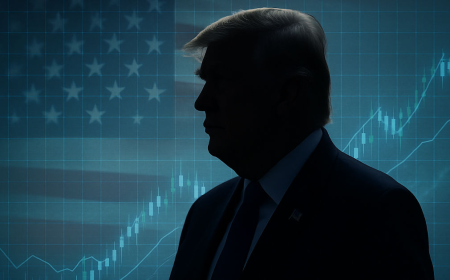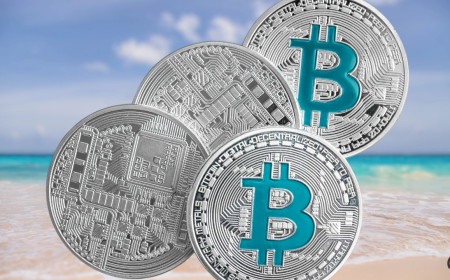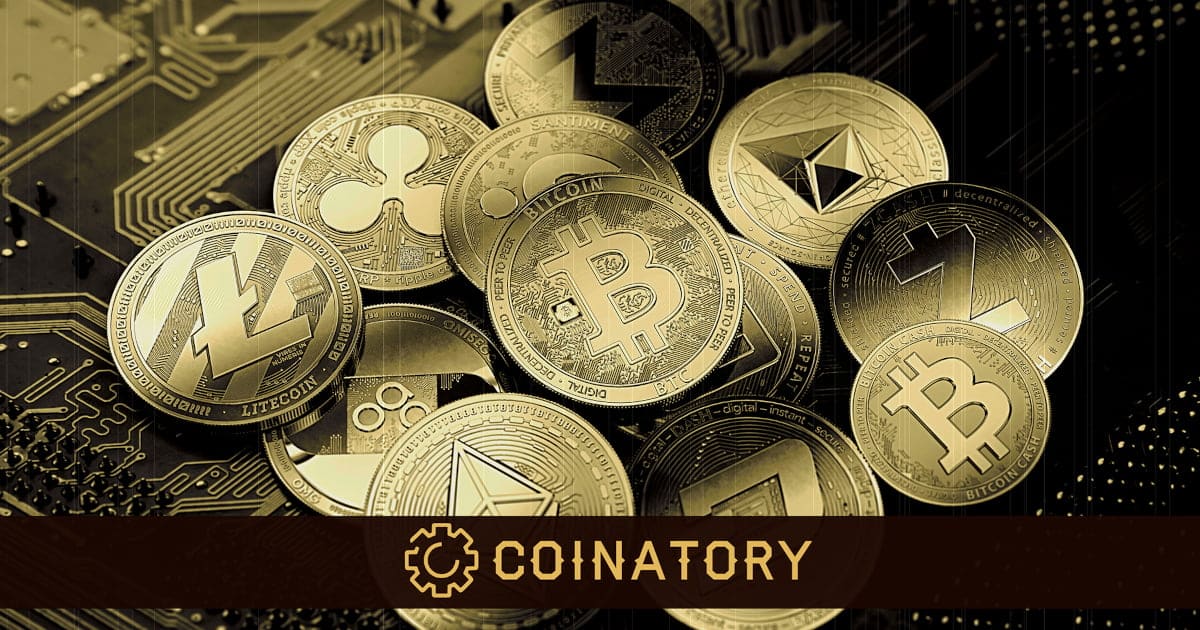BRICS’ de-dollarization goal – Why it’s still out of reach
The BRICS nations (Brazil, Russia, India, China, and South Africa, plus new members like the UAE, Egypt, Ethiopia, and Iran) have been fired up about ending reliance on the US dollar. At this year’s summit in Kazan, Russia, President Putin pushed hard for de-dollarization, yet summit attendees were told to bring US dollars or euros. […]
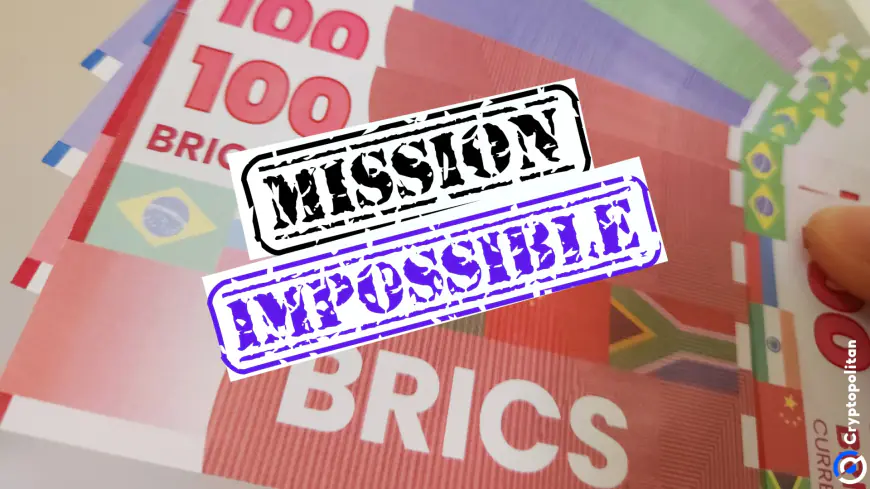
The BRICS nations (Brazil, Russia, India, China, and South Africa, plus new members like the UAE, Egypt, Ethiopia, and Iran) have been fired up about ending reliance on the US dollar.
At this year’s summit in Kazan, Russia, President Putin pushed hard for de-dollarization, yet summit attendees were told to bring US dollars or euros. Non-Russian Visa cards wouldn’t work, and greenbacks were advised as easy currency exchange.
Even with members’ desperation to break free from the dollar, it’s still the currency everyone keeps in their pockets. Putin’s dream of de-dollarization faces tough resistance. Since World War II, the dollar has locked itself in as the global reserve currency.
Russia’s finance minister, Anton Siluanov, announced new plans to bypass Western platforms, but dismantling a dollar-dependent system is no walk in the park. BRICS does have economic weight, yet infrastructure built on the dollar still holds tight.
Different goals, new alliances
Putin’s goal of “forming a multipolar world” sounds great, but uniting countries with different political leanings? That’s another thing. Russia wants to use the union to rival the West, while India values its ties with both the West and BRICS.
India joined the summit to maintain ties with Russia, not to cut ties with the West. BRICS also got interest from Turkey and Indonesia, two countries with plenty of reasons to avoid full Western alignment, while Saudi Arabia finally officially declined to join.
For India, BRICS brings diplomatic benefits. India can ease border tensions with China by meeting with Xi Jinping on neutral ground. Modi and Xi met in Kazan after two years of tension. BRICS helps India keep its “strategic autonomy” policy.
That means balancing ties with both the West and East, without taking sides. This setup lets India keep allies in BRICS and keep its hand in the Indo-Pacific Quad with the US.
BRICS won’t move the dollar easily
Right now, BRICS has three options: use local currencies, adopt digital currencies, or rely on China’s yuan. But each comes with headaches. Local currencies suffer from low liquidity, Bitcoin fluctuates too much, and the yuan? China wants it to spread globally but keeps tight control.
China also isn’t ready to pump enough yuan into Russia or other BRICS countries. It has its own issues to deal with right now. Xi called for more “financial security” and a stronger New Development Bank, BRICS’ lending tool. But the bank has a limited role in multilateral finance and isn’t ready to rival Western systems.
The West, on the other hand, keeps the dollar firmly on top. The US consistently uses the dollar as a weapon. While Putin rallied the union against dollar dependence, America and its European allies discussed ways to use Russia’s frozen assets to aid Ukraine more.
Washington has helped allies with dollar swaps during crises, even when Trump was president. The dollar is “our currency, but your problem,” as John Connally, a former US Treasury Secretary, famously put it. And for now, the US still stands as the only nation able and willing to provide dollar swaps to its allies in times of need.
BRICS tries to show it’s moving forward, adding new members to boost influence. But the road to a true alternative financial structure is long. Western critics have dismissed the group for years, but its latest expansions challenge that view.
With 36 countries and the UN Secretary-General attending this year’s summit, BRICS wants to build a more prominent place on the global stage.
India, though Western-leaning, benefits from BRICS’ growth because it balances its policy of not fully aligning with any side, giving India influence across Asia, Africa, and Latin America without getting locked into one camp. BRICS also gives it a platform to maintain ties with Russia, resisting Western pressure to isolate Moscow.
What's Your Reaction?











